 An advocacy group called Friends of the Earth has been publicizing the results of a new study demonstrating that when people switch from a regular diet to one containing only organic foods, their exposure to pesticides is reduced.
An advocacy group called Friends of the Earth has been publicizing the results of a new study demonstrating that when people switch from a regular diet to one containing only organic foods, their exposure to pesticides is reduced.
The study recruited four families from different corners of the country. Each family ate a non-organic diet for six days and an all-organic diet for six days. The researchers found that the organic diet “rapidly and dramatically reduced exposure to pesticides.”
That’s not terribly surprising. In fact, it’s so unsurprising, it’s a little hard to imagine why the researchers felt the need to do this study.
The far more important question (not answered in this study) is: Is this something we need to worry about?
Relatively major but absolutely minor
In reporting their findings, the Friends of the Earth present the difference in exposure in relative terms. “Levels of all detected chemicals dropped an average of 60.5 percent with a range of 37 percent to 95 percent depending on the compound.”
But they don’t give us any information about the absolute levels of exposure. This is at least as important as the relative exposure. Celery has 40 times as much sodium as cucumber. It’s still a low sodium food.
Did those higher levels of exposure pose any sort of threat? Or were they (as I suspect) well below the threshold of concern?
Good Riddance to Bad Rubbish
Secondly, the coverage repeatedly talks about the “pesticide levels in the bodies” of the subjects. But the study didn’t test the subjects’ blood or tissues. They tested their urine, which is where the body discards things it doesn’t want or need. Furthermore, what they found in the urine were compounds formed when the pesticides were broken down by the liver.
In other words, what they found was evidence that the body’s detoxification systems were working exactly as they are supposed to, breaking down and excreting potentially harmful compounds. The pesticides these families were being exposed to by eating a non-organic diet were apparently being eliminated from their bodies.
So I have to ask once again: Is this really something that we need to worry about?
One of these things is not like the other
The organization points out that one of the pesticides monitored in this study is frequently linked to farmworker poisonings. That’s a great argument for farmers using more care when working with agricultural chemicals (and that goes for synthetic as well as organic chemicals). But it doesn’t really have anything to do with risks that families might be exposed to by eating conventional produce. And yet, by juxtaposing these two facts in the press release, it implies that eating non-organic foods increases your risk of chemical poisoning. There is absolutely no data to support this implication.
Good news is no news?
Meanwhile, the press reports don’t mention that a third of the compounds they were testing for were undetectable in the urine samples after the non-organic diet. You have to wonder whether they were, perversely, somewhat disappointed by this. They certainly didn’t seem very eager to publicize the fact that some of the most common pesticides used in conventional agriculture apparently pose little risk to eaters.
So, what’s the upshot of all this?
The Friends of the Earth concludes that “these results show that eating organic works.” Works how, exactly? Yes, eating organic reduces your exposure to certain (but not all) pesticides. But does it reduce your risk of disease or harm? I don’t see any evidence of that here.
This is Important. Let’s Get it Right
Lest you think I am pro-pesticide, or anti-organic, let me assure you I’m not. I’m just against this sort of sloppy communication and manipulative “science.”
Conventional farmers don’t use pesticides because they’re lazy, ignorant, or uncaring. They use them, as sparingly as they can get away with, in order to maximize yields and lower the cost of food. If they can figure out a way to use less, they are eager to do so.
Organic farmers use pesticides and herbicides, too, by the way. Some of these organic pesticides are highly toxic to beneficial insects and, if mishandled, can be harmful to humans, as well. But organic farmers are also working to increase yield and reduce the cost of their products. And pest control is part of that.
Instead of pitting organic growers (and eaters) against conventional, why not work together to make progress on all of these important fronts? Let’s use the best technology, the best practices and, yes, the best chemistry, to create a safer, more abundant, and more sustainable food supply.
To that end, let’s assess the risks and impacts of chemical use (both synthetic and organic). Let’s weigh the costs and benefits of various options. But let’s debate the issues on their scientific merits instead of resorting to sensational, misleading, and manipulative “research” and rhetoric.
This is not an us vs. them situation. We’re all us.

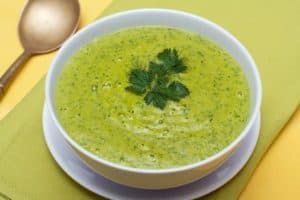

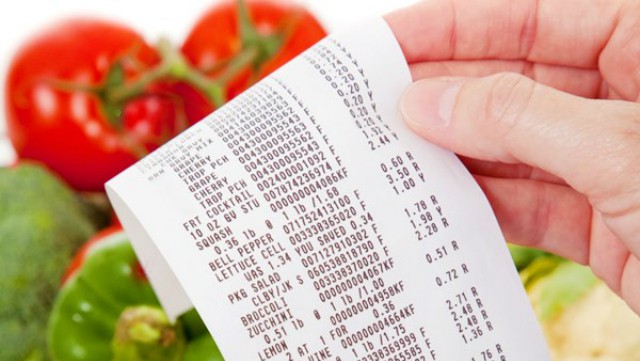

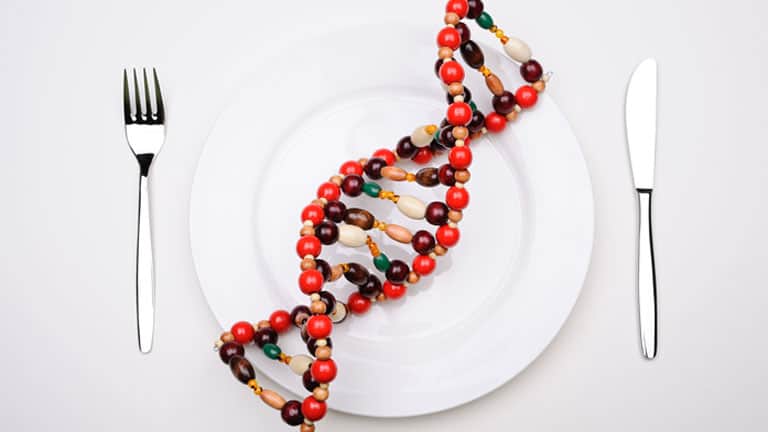 Personalized nutrition is getting a lot of attention these days. Companies will analyze your DNA and
Personalized nutrition is getting a lot of attention these days. Companies will analyze your DNA and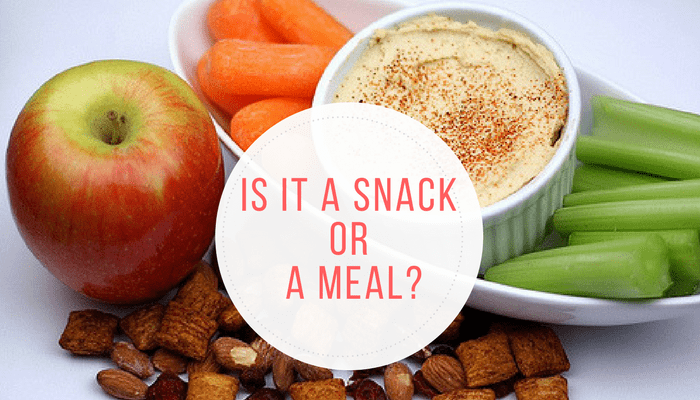
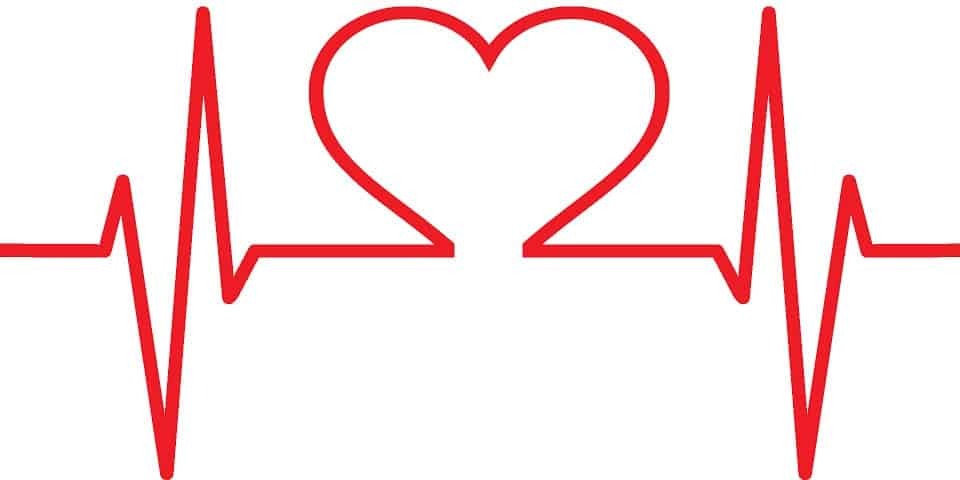 Over a million Americans developed high blood pressure overnight–and, no, it wasn’t the latest headlines.
Over a million Americans developed high blood pressure overnight–and, no, it wasn’t the latest headlines.